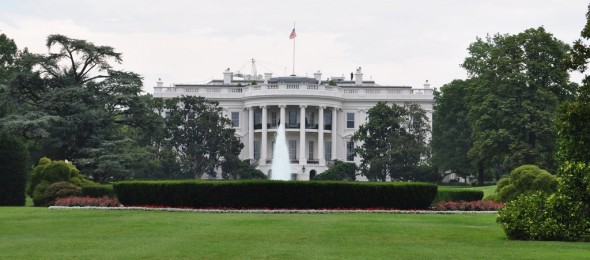Two years ago, President Obama signed Executive Order 13673 – Fair Pay and Safe Workplaces (“EO 13673”). Section 6 of the order contains a number of pre-dispute arbitration restrictions that will become effective on October 25th of this year. Under Section 6, a worker must voluntarily consent to arbitrate any claims that arise under Title VII of the Civil Rights Act of 1964 or relate to sexual harassment or assault if employed by, or acting as an independent contractor for a federal contractor whose awarded contract value exceeds $1 million unless the contract is for “commercial items.”
Section 6 of EO 13673 states:
Sec. 6. Complaint and Dispute Transparency. (a) Agencies shall ensure that for all contracts where the estimated value of the supplies acquired and services required exceeds $1 million, provisions in solicitations and clauses in contracts shall provide that contractors agree that the decision to arbitrate claims arising under title VII of the Civil Rights Act of 1964 or any tort related to or arising out of sexual assault or harassment may only be made with the voluntary consent of employees or independent contractors after such disputes arise. Agencies shall also require that contractors incorporate this same requirement into subcontracts where the estimated value of the supplies acquired and services required exceeds $1 million.
(b) Subsection (a) of this section shall not apply to contracts or subcontracts for the acquisition of commercial items or commercially available off-the-shelf items.
(c) A contractor’s or subcontractor’s agreement under subsection (a) of this section to arbitrate certain claims only with the voluntary post-dispute consent of employees or independent contractors shall not apply with respect to:
(i) employees who are covered by any type of collective bargaining agreement negotiated between the contractor and a labor organization representing them; or
(ii) employees or independent contractors who entered into a valid contract to arbitrate prior to the contractor or subcontractor bidding on a contract covered by this order, except that a contractor’s or subcontractor’s agreement under subsection (a) of this section to arbitrate certain claims only with the voluntary post-dispute consent of employees or independent contractors shall apply if the contractor or subcontractor is permitted to change the terms of the contract with the employee or independent contractor, or when the contract is renegotiated or replaced.
Although nothing in EO 13673 prevents a federal contractor from utilizing a mandatory arbitration program, it is a good idea for such contractors and their legal counsel to take some time to review and evaluate any existing pre-dispute arbitration agreements for compliance with the order prior to October 25th.
Hat tip to Ron Chapman and James Murphy at Ogletree, Deakins, Nash, Smoak & Stewart, P.C. for their thoughtful and informative JD Supra article titled “Will Your Arbitration Program Survive the Contractor Blacklisting Regulations?”
Photo credit: airlines470 via Foter.com / CC BY-SA














